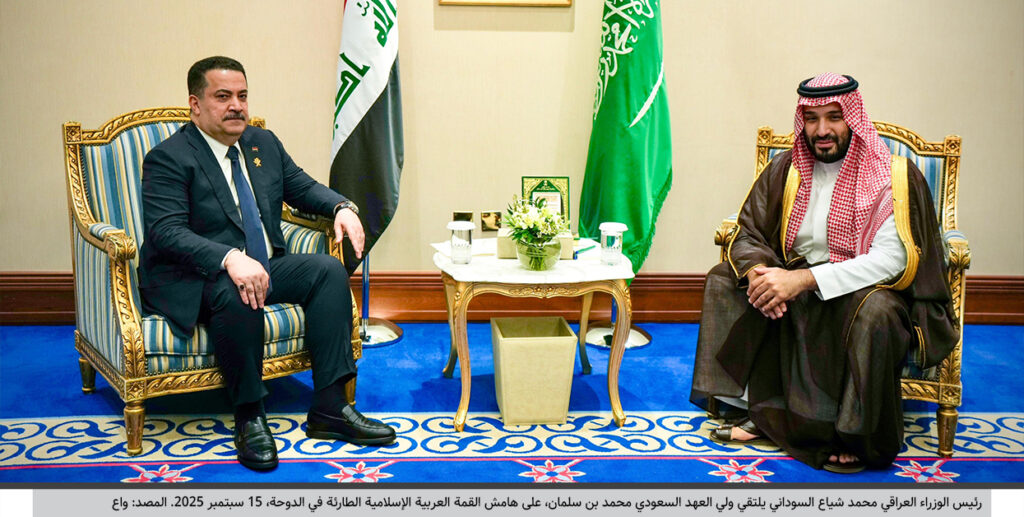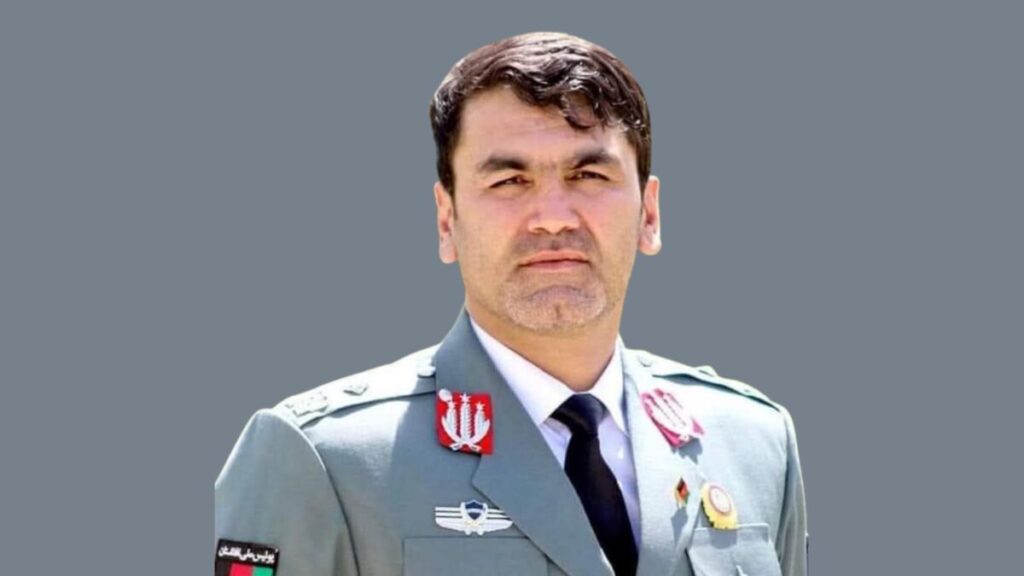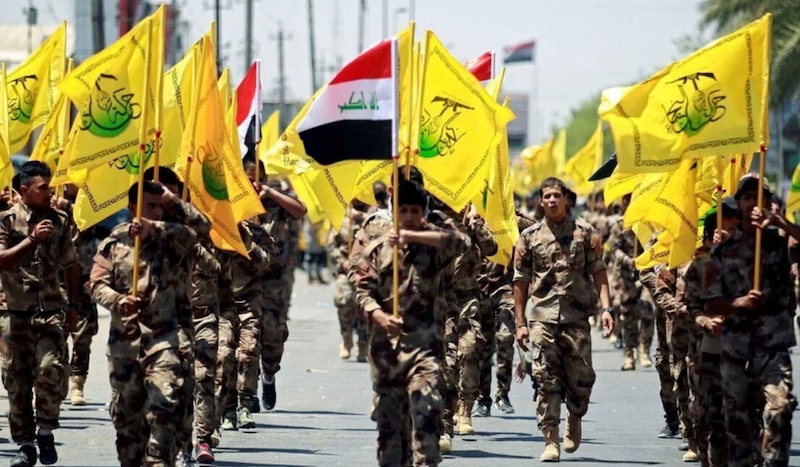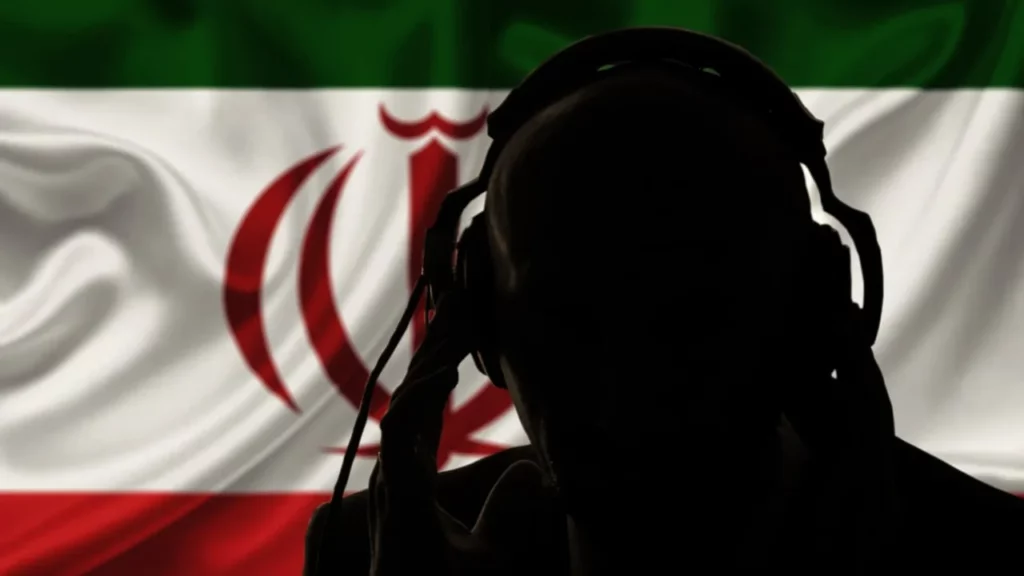SDF carries out arrest campaign in Aleppo as both sides trade accusations of truce violations
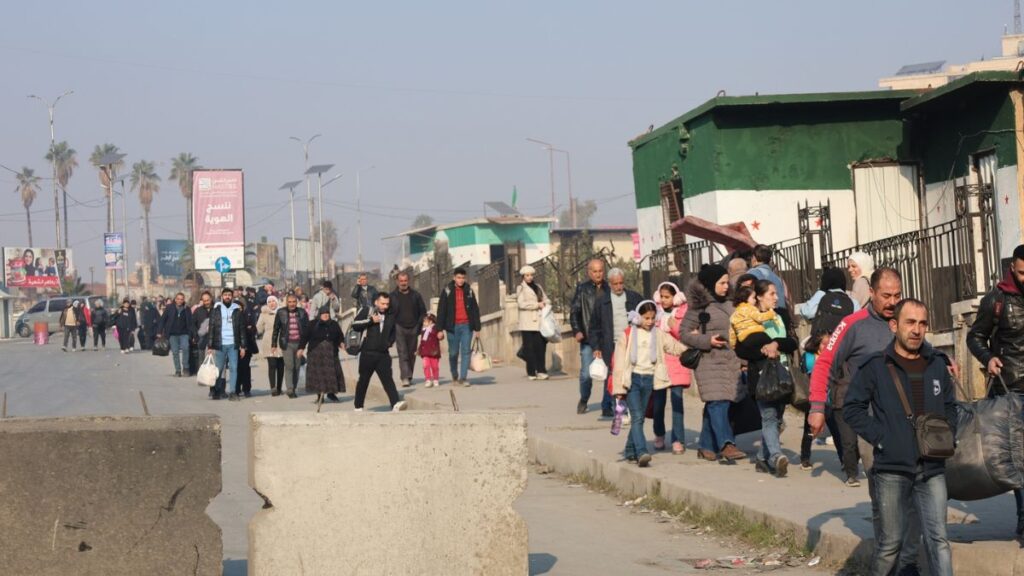
The Syrian Democratic Forces (SDF) carried out raid and arrest campaigns in the eastern Aleppo countryside today, Wednesday, 24 December, amid accusations that Syrian government forces violated the truce around the al-Ashrafiya and Sheikh Maqsoud neighborhoods in Aleppo city (northern Syria).
Syrian state run al-Ikhbariya reported that the campaign targeted the villages of Wadihah and al-Hayit in the eastern Maskanah countryside (eastern Aleppo Governorate, northern Syria), without providing further details on the reasons for the operation or the number of detainees.

